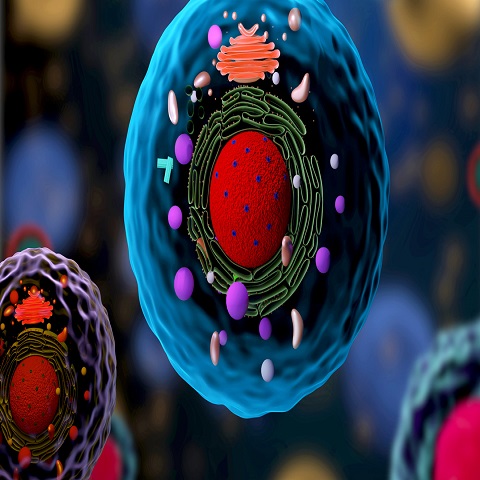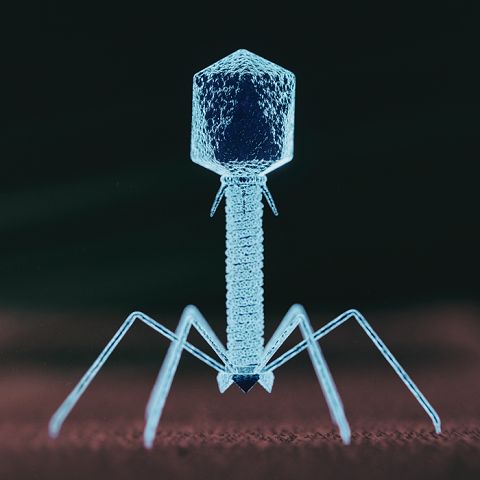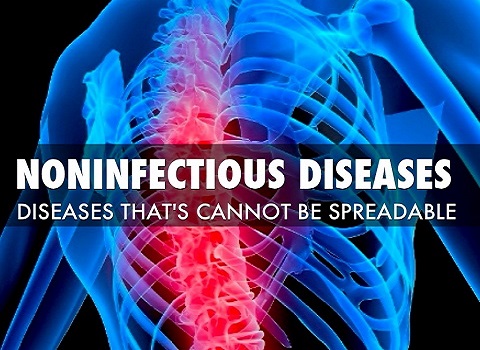Produced by the non-profit, the infectious
diseases expo is the legacy interdisciplinary networking event in infectious
diseases and its respective field. With the overarching purpose of fostering
the translation of biomedical research, funding, and investments targeting
cures, the Summit and co-located course serve a diverse ecosystem of
stakeholders and influencers.
From the science behind pioneering discoveries and clinical applications to regulatory and manufacturing challenges, the Summit will provide a comprehensive look at progress to date, current challenges, and new “hot” topics as well as future applications. This Summit is an educational and networking focal point for scientists, business leaders, regulators, policy-makers, advocates, economic development officers, experts in law and ethics, and visionary gurus from around the world.
"Attendees enjoy unequaled opportunities for
networking, collaboration, new partnerships, and shaping the future of this
rapidly advancing field"

Infectious diseases are caused by
microorganisms such as bacteria, viruses, fungi, and parasites that can be
transmitted from person to person or from animal to human. Some infectious
diseases can be mild and self-limiting, while others can be severe and
life-threatening. Common infectious diseases in children include:
Respiratory infections: These include
illnesses such as the common cold, flu, pneumonia, and bronchiolitis.
Gastrointestinal infections: These include
illnesses such as gastroenteritis, rotavirus, and norovirus.
Skin and soft tissue infections: These include
illnesses such as impetigo, cellulitis, and abscesses.
Central nervous system infections: These
include illnesses such as meningitis and encephalitis.
Bloodstream infections: These include
illnesses such as sepsis and bacteremia.
Sexually transmitted infections: These include
illnesses such as chlamydia, gonorrhea, and syphilis.
Vector-borne infections: These include
illnesses such as malaria, dengue fever, and Zika virus.
Prevention and treatment of infectious
diseases in children often involve measures such as vaccination, hand hygiene,
isolation precautions, and appropriate use of antibiotics and antiviral medications.
It is important to work closely with healthcare providers to properly diagnose
and manage infectious diseases in children to prevent complications and ensure
optimal outcomes.

Injurious organisms like viruses and bacteria that enter your body from the outside are what cause infectious disorders. Non-infectious diseases are brought on by factors such as heredity, anatomical variations, ageing, and environmental factors rather than by external organisms. Non-infectious diseases cannot be contracted from other people, through a bug bite, or through food.
Infectious diseases include the flu, measles, HIV, strep throat, COVID-19, and salmonella. Examples of non-infectious diseases include cancer, diabetes, congestive heart failure, and Alzheimer's disease.

© Ciencie Meetings 2024. All rights reserved